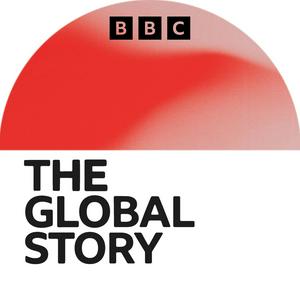Mexico’s most wanted man – Nemesio Oseguera Cervantes, better known as “El Mencho” – was killed during a security operation to arrest the cartel leader on Sunday.
In the days that followed, the operation was celebrated by President Trump in his State of the Union address. But it came at a cost, as cartel members carried out retaliatory rampages across Mexico and turned many towns and cities into war zones.
El Mencho’s death came after months of pressure from the Trump administration on Mexico to do more to fight the drug cartels. According to one NBC News report, the US even considered sending troops into Mexico.
Our correspondent, Will Grant, examines the dilemma Mexican President Claudia Sheinbaum now faces – and we ask if she is now caught between Trump and the cartels.
Producers: Chris Benderev and Aron Keller
Executive producer: James Shield
Mix: Travis Evans
Senior News Editor: China Collins
Image Credits: FILE PHOTO: Members of the Jalisco New Generation Cartel (CJNG), led by Nemesio Oseguera, known as “El Mencho,” poses for a photo at an undisclosed location in Michoacan state, Mexico, October 15, 2022. REUTERS/Stringer


